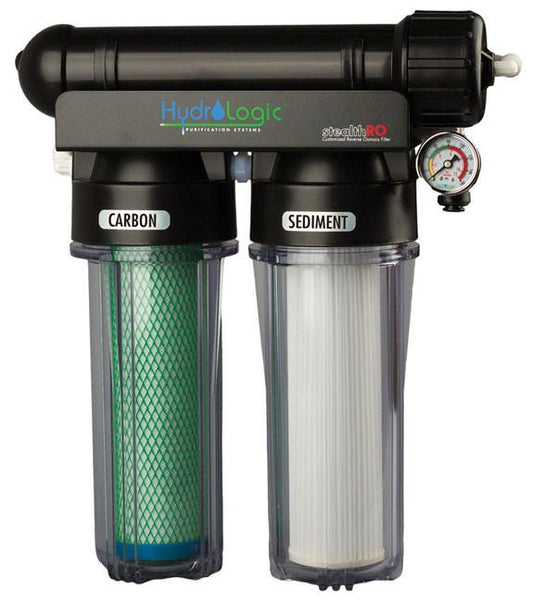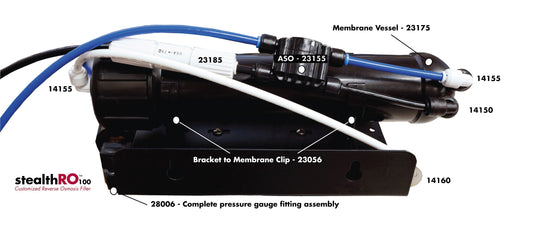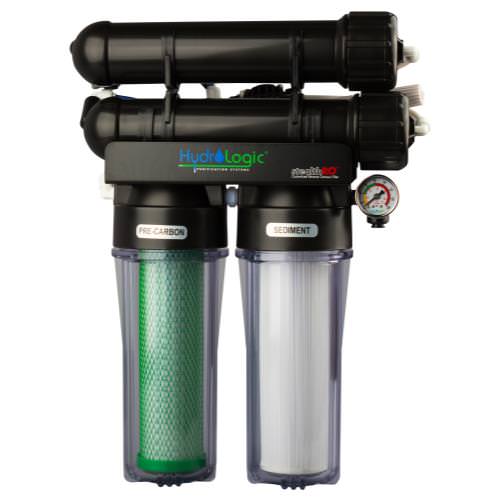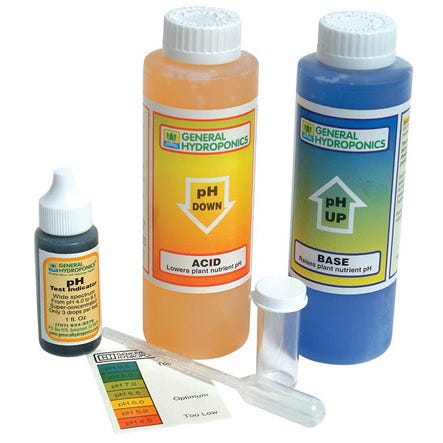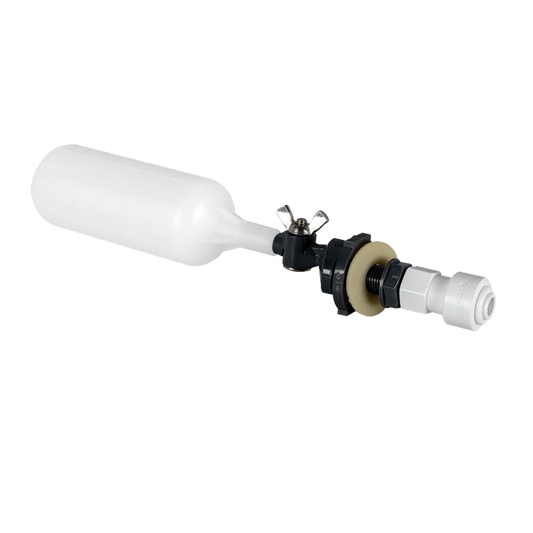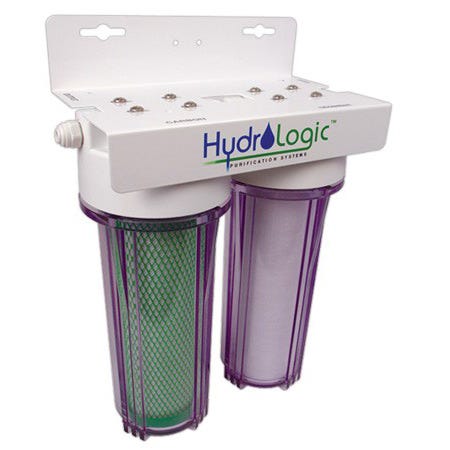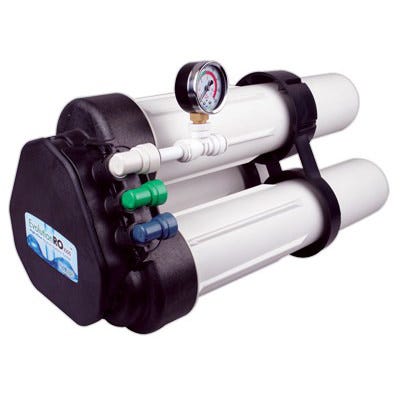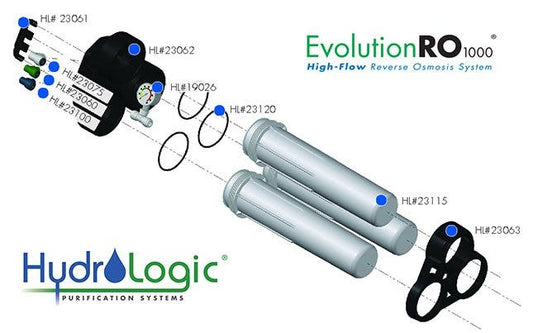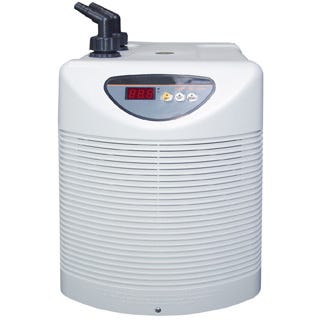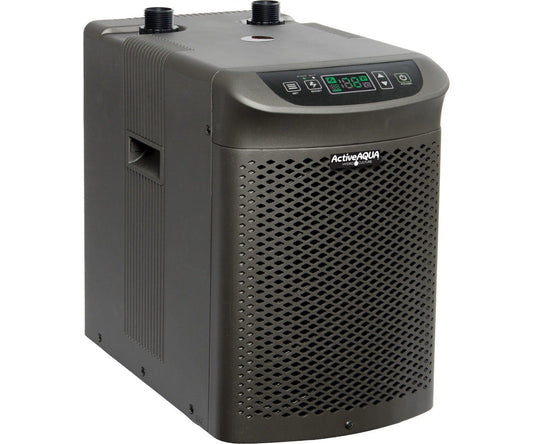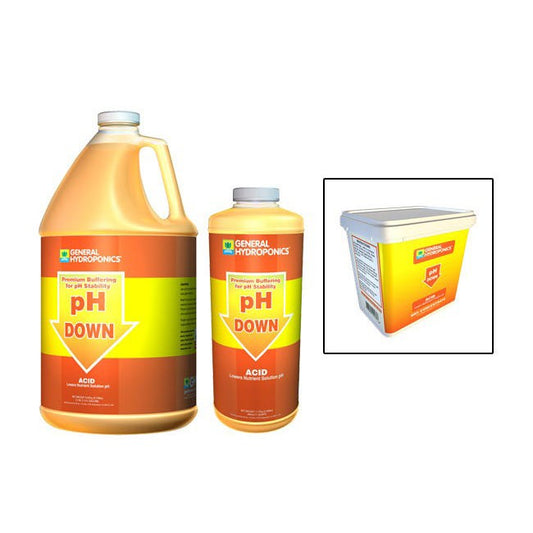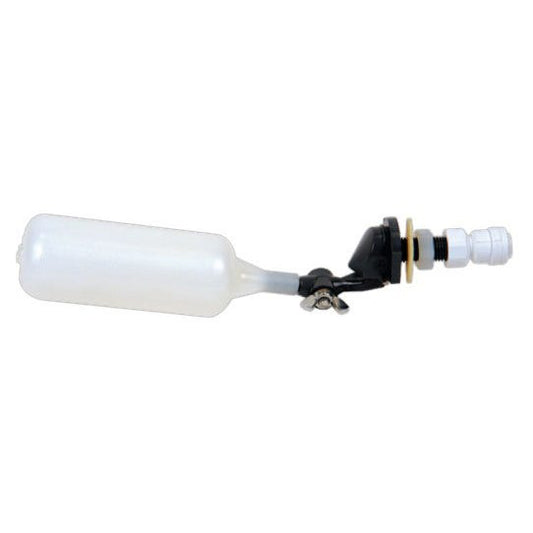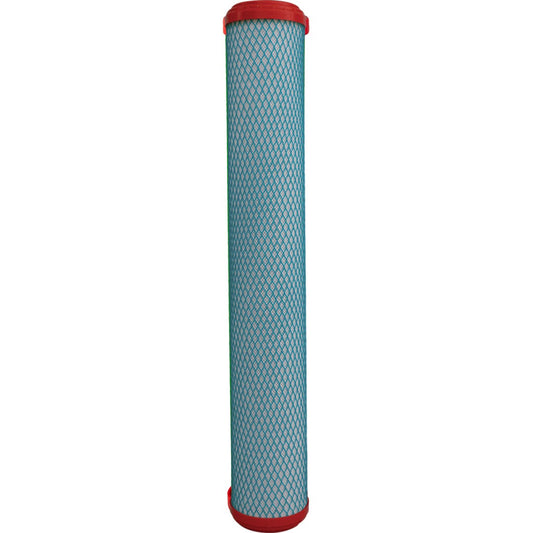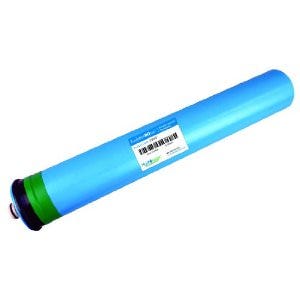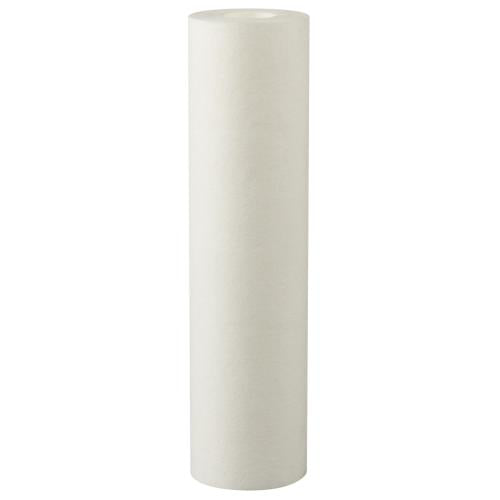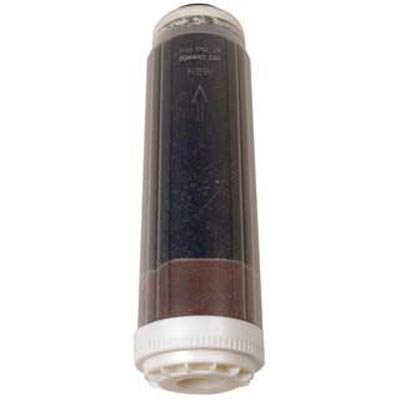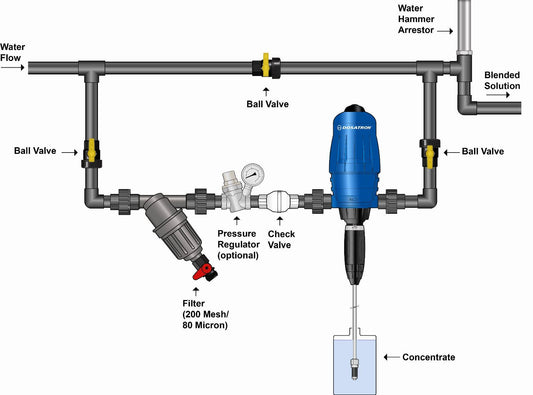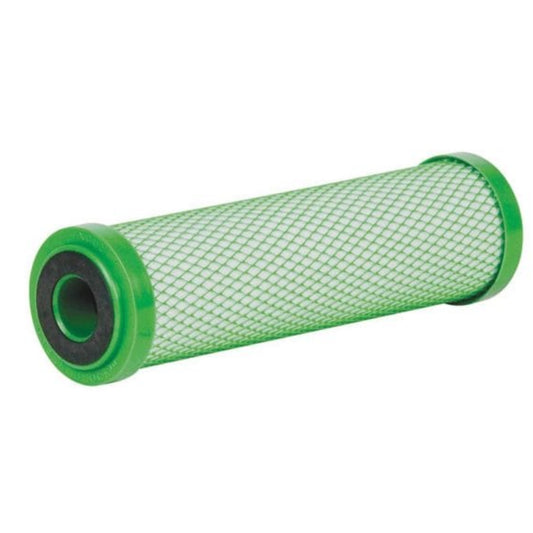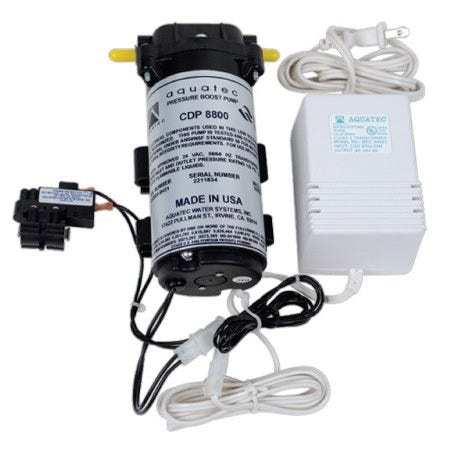Water Filtration & Temperature Control
Keep your system dialed in with water filtration and temperature control solutions. Achieve clean, consistent water and precise root-zone temperatures for healthier plants and higher yields.
-
HydroLogic Stealth RO 150 GPD Reverse Osmosis
Vendor:HydroLogicRegular price $246.55 USDRegular priceUnit price / per -
HydroLogic Stealth Reverse Osmosis 300 GPD
Vendor:HydroLogicRegular price $318.94 USDRegular priceUnit price / per -
General Hydroponics pH Test Color Match Control Kit
Vendor:General HydroponicsRegular price $15.62 USDRegular priceUnit price / per -
HydroLogic Stealth and Small Boy Float Valve -- 1/4 inch
Vendor:HydroLogicRegular price $21.98 USDRegular priceUnit price / per -
HydroLogic Small Boy De-Chlorinator and Sediment Filter
Vendor:HydroLogicRegular price $138.56 USDRegular priceUnit price / per -
HydroLogic Evolution RO 1,200 Reverse Osmosis System
Vendor:HydroLogicRegular price $903.93 USDRegular priceUnit price / per$924.95 USDSale price $903.93 USDSale -
Active Aqua Water Chiller refrigeration - 1/10 HP with Boost Function
Vendor:Active AquaRegular price $461.65 USDRegular priceUnit price / per -
General Hydroponics pH Down Liquid
Vendor:General HydroponicsRegular price From $11.84 USDRegular priceUnit price / perGeneral Hydroponics pH Down Liquid
Regular price From $11.84 USDRegular priceUnit price / perGeneral Hydroponics pH Down Liquid
Regular price From $11.84 USDRegular priceUnit price / per -
Hydro-Logic Float Valve for Tall Boy - 3/8 inch
Vendor:HydroLogicRegular price $20.93 USDRegular priceUnit price / per -
HydroLogic Evolution-ROS ChloraShield KDF/Catalytic Carbon Pre-Filter
Vendor:HydroLogicRegular price $68.14 USDRegular priceUnit price / per -
HydroLogic Evolution RO1000 Membrane Element Filter
Vendor:HydroLogicRegular price $215.90 USDRegular priceUnit price / per -
HydroLogic Small Boy Replacement Sediment Filter
Vendor:HydroLogicRegular price $11.71 USDRegular priceUnit price / per -
HydroLogic Stealth/Small Boy Replacement KDF85 Filter
Vendor:HydroLogicRegular price $43.25 USDRegular priceUnit price / per -
Dilution Solutions Nutrient Delivery System (NDS) Mixing Chamber Kit - ¾
Vendor:Dilution SolutionRegular price $101.72 USDRegular priceUnit price / per -
HydroLogic Small Boy/Stealth 10 inch Green Carbon Replacement Filters
Vendor:HydroLogicRegular price $18.28 USDRegular priceUnit price / per -
HydroLogic Pressure Booster Pump for Stealth
Vendor:HydroLogicRegular price $255.60 USDRegular priceUnit price / per
Water Filtration & Temperature Control
Optimize every irrigation cycle with GrowersHouse’s Water Filtration & Temperature Control collection—precision solutions that deliver clean water and stable temperatures for greenhouses, indoor farms, and hydroponic systems. From high-efficiency sediment and carbon filters to advanced reverse osmosis (RO) and UV sterilization, our filtration lineup helps protect roots, stabilizes EC/PPM, and enhances nutrient availability. Pair these with dedicated water chillers, inline heaters, thermostats, and smart controllers to prevent heat stress, maintain dissolved oxygen, and keep your nutrient solution in the ideal range for vigorous growth and higher yields...
Why This Collection Matters
Consistent water quality and precise temperature control are the backbone of reliable production. Clean, balanced water reduces biofilm, scale, and clogged emitters—protecting pumps, valves, and drippers. Tight thermal management keeps root zone conditions stable, minimizing plant stress and supporting faster growth, stronger root systems, and uniform harvests.
Benefits
- Improved nutrient uptake and root health through reduced contaminants and chlorine/chloramine
- Fewer clogs and maintenance issues across pumps, lines, and emitters
- Stable temperatures that preserve dissolved oxygen and protect against heat stress
- More predictable EC/PPM targets, leading to consistent crop quality and yield
Best Uses
- Greenhouses seeking cleaner source water and fewer irrigation failures
- Indoor farms requiring tight control of nutrient solution temperature for year-round production
- Vertical systems where stable, filtered recirculating water prevents pathogen spread
- Growers standardizing inputs to dial in recipes and reduce variability
Types of Solutions
-
Water Filtration
- Sediment & carbon filters: remove particulates, odors, chlorine/chloramine for healthier roots
- Reverse osmosis (RO): produce low-PPM base water for precise nutrient recipes
- UV sterilizers: inactivate microbes in recirculating and top-off water
- Inline/point-of-use filters: polish water at critical endpoints to protect emitters
- Sediment & carbon filters: remove particulates, odors, chlorine/chloramine for healthier roots
-
Temperature Control
- Water chillers: maintain root-zone temperatures, boosting dissolved oxygen and resilience
- Inline heaters: prevent cold-shock in cooler seasons and stabilize growth rates.
- Thermostats & smart controllers: automate setpoints for hands-off consistency.
- Insulation & plumbing upgrades: reduce thermal swing and energy waste.
How It Helps Growers
Cleaner water safeguards equipment and roots, reducing downtime and crop loss. Accurate thermal control keeps the rhizosphere in the “sweet spot,” translating to better metabolism, stronger immunity, and repeatable results. Together, these upgrades simplify operations, protect margins, and help scale with confidence.
Frequently Asked Questions
How to maintain water temperature in hydroponics?
Use a properly sized water chiller or inline heater with a reliable thermostat/controller. Insulate reservoirs and lines, minimize radiant heat with light-tight lids, and circulate gently to prevent hotspots. Keep the room climate stable to reduce thermal swing.
How to filter water for hydroponics?
Start with sediment and carbon filtration to remove particulates and chlorine/chloramine. If your source water is hard or variable, add RO to create a low-PPM baseline. For recirculating systems, consider UV to reduce microbial load, and service cartridges on schedule.
Do you need a water filter for hydroponics?
While not always mandatory, filtration protects roots and equipment, stabilizes EC/PPM, and reduces clogs. Most growers benefit from at least carbon filtration; many add RO when source water is inconsistent or exceeds target hardness/PPM.
What is the best water filtration for hydroponics?
“Best” depends on source water and goals. A common gold standard is a multi-stage setup: sediment + carbon for mechanical/chemical reduction, RO for precise starting water, and UV for microbial control—sized to your flow rate and system volume.
How does temperature affect plant growth in hydroponic systems?
Water that’s too warm lowers dissolved oxygen and increases disease pressure; too cold slows metabolism and uptake. Holding the nutrient solution in the ideal range supports rapid growth, strong roots, and consistent yields.

